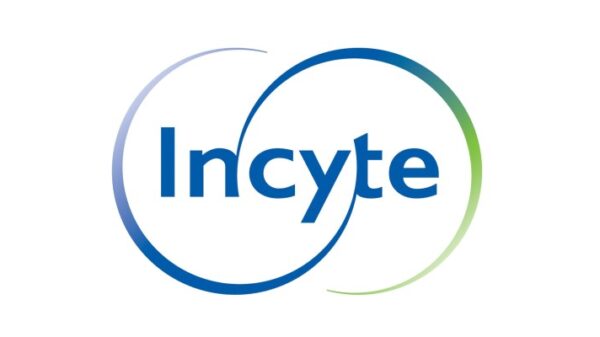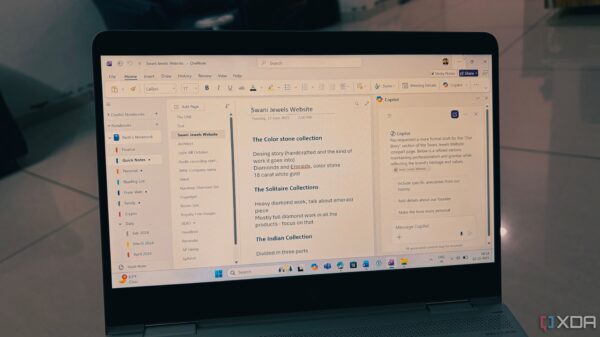A German activist known as Naomi Seibt, who has gained attention as the so-called “anti-Greta” for her conservative views, has filed for asylum in the United States. Seibt claims she faces significant risks if she returns to Germany, alleging persecution for her exercise of free speech. Currently residing legally in the US, Seibt has expressed her intentions to pursue American citizenship.
In her asylum application, which falls under Section 208 of the Immigration and Nationality Act, Seibt reported that her life could be in danger if she returns to Germany. “I have now applied for asylum, which means that I’m waiting for an interview,” she stated. “My goal in the meantime is to become an American citizen in the future because this country has given me so much hope.”
Seibt asserts that she has received support from prominent figures, including Elon Musk. She claims that Musk communicated with her in 2024 after she shared her views on social media regarding the German elections. “Over the course of last year, I was obviously retweeted a lot by Elon Musk, and I interacted with him personally in private messages about what’s going on in Germany,” Seibt explained. “Elon has been terrified of going to Europe and knows that there is an extremely high threat and has confirmed this to me personally. That’s when I made the decision to apply for asylum myself. He gave me his approval for that.”
As she navigates her asylum application, Seibt alleges that the German government has placed her under surveillance while failing to provide adequate protection. “In 2024, I found out that I had been spied on by German intelligence for years,” she mentioned. “Simultaneously, I keep receiving death threats from antifa. I went to the German police, and they told me that they can’t do anything about it as long as I have not actually been raped or killed. I am not getting protection from the German government even though I am at major risk of potentially being killed.”
Seibt fears that her criticisms of German politicians could lead to her arrest if she were to return. “As soon as I come back to Germany, I feel that they will try to arrest me,” she noted. Her rise to prominence began when she publicly challenged the climate change narrative championed by figures like Greta Thunberg.
“I was barely 19 years old and never expected to be recognized as a right-wing figure. The German media called me the anti-Greta; they demonized me,” she said. “I’m Naomi Seibt and want to be recognized as who I am because I’m not just some puppet poster figure for the right wing.”
Seibt’s asylum application comes during a period of potential shifts in US refugee policy. The Trump administration has been contemplating prioritizing political persecution as a basis for refugee admission. Under President Trump, existing refugee admission policies were suspended, leading to increased scrutiny on applications. Reports indicate that the administration is being encouraged to focus on European conservatives who face backlash for expressing their views online.
The Alternative for Germany Party, which Seibt has been associated with, has been labeled a “right-wing extremist” group by German officials. However, the party defends its principles, asserting that they align with the values of many German citizens.
Seibt’s situation underscores the complexities surrounding political expression in Germany and the challenges activists can face in advocating for their beliefs. As she awaits a decision on her asylum request, her story continues to raise questions about free speech and the safety of dissenting voices in Europe.







































































